If the future is digital then coding holds the key – and a club with branches around Scotland is helping children from all backgrounds learn about it.
The Association for Black and Minority Ethnic Engineers (AFBE-UK), which started in 2007, runs the NextGen Coding Club.
Aiming to inspire a new generation of youngsters to think about careers in tech, it has members aged from 8 to 17 years old.
And it was the pandemic that sparked the idea for the coding club, after online coding sessions proved to be a hit.
Such was its popularity that parents of the youngsters asked if it could be done on a more regular basis.
NextGen’s work boosted by funding grant
There are around 80 students in the coding club, which is headquartered in Aberdeen. The coding club – which is run by volunteers – recently saw its work boosted with a £5,000 grant from Digital Xtra Fund, a charity which aims to inspire children to learn digital skills through extracurricular activities.
Young people in the club learn about various types of coding including HTML, Scratch and Python using devices such as LEGO Education SPIKE Prime. Yes that’s right it’s LEGO, but not quite as you know it.
And using coding to program LEGO robots has led to members taking part in competitions geared around it.
Every year, the club enters the Grampian tournament, which they have previously won – then gone on to compete in a national tournament in Scotland.
The winner of that goes on to an international LEGO League World Festival, which is part of the First Championship involving teams from around the globe.
Reaching out to young people
Speaking about the coding for LEGO, Urenna Adegbotolu, co-ordinator of the NextGen Coding Club, explained: “It’s quite impressive technology. So just like a traditional LEGO, you have LEGO bricks that are built. Then there’s a brain box where, for example, we write some kind of codes, for example, with Python, or we could use Scratch, and we feed them into the robots.
“Then the robot is able to complete a number of missions as prescribed by the competition. So every year is a theme; this year, we have masterpieces, last year we had super powers, and so on.”
And while activities such as competing in the LEGO League are fun, it helps reinforce the club’s main mission – to increase the participation of young people in Stem (science, technology, engineering and maths).
Urenna said: “We want to see in the future that we have more young people who get inspired from a really young age, and are able to work as professionals in the fields there. So we’ve been able to reach out to young people in schools here in Aberdeen, through our different networks so young people get together to code outside of school.”
The club meets in-person – at RCCG Fountain of Love Hall, in Palmerston Road, near Union Square, and online. It has benefits beyond school, helping the members throughout their academic career and into the workplace.
Promoting coding to girls
NextGen has members from a wide variety of backgrounds – and has promoted coding to girls.
Urenna said: “When young people come together to code, they end up becoming friends with each other. In our coding club, we have children from different schools from diverse backgrounds coming together. We’re happy to see how they’re taking the coding, beyond the club, and it’s really, really impressive to see them in that light.
“The club has been able to promote coding to young girls; we have quite a good number of girls participating in our coding club activities. The last time we did a survey, we had 48% of girls to 52% of boys, which is quite a remarkable figure in a way, compared to other statistics out there. So inclusivity and diversity is something that is really promoted within the club.”
‘It helped me be more confident’
Among those who are members of the NextGen coding club are Dara and Fola Olusoji. The pair, who are both pupils of Aberdeen Grammar School, had previously attended a coding workshop with their parents Jacqui and Andrew.
Dara, 15, who told me she is making her own code, explained how they got involved with the club. She said: “It was an extra-curricular that we found interesting, and also helped us improve our coding.
She added: “I love the competitions. Because you get to show what you’ve learned in all the classes.”
Dara said: “It helped me to be more confident. In the coding club, it is much more easy to be confident. Because it’s people with similar interests – you talk about the same things and you can help each other out if you’re having trouble.”
Her younger brother Fola, who turned 14 earlier this week, told me about a budgeting app he had an idea for. Fola said one of the things he likes about the club is: “After every two sessions, they always give out awards. So you’re acknowledged for the things you’ve done well.”
Club’s work is ‘truly inspiring’
Digital Xtra Fund’s grant has meant the club has been able to acquire Sphero indi Robot Cars. Using colour-coded cards in fun contexts helps the students to develop skills such as sequencing, debugging, problem-solving skills, creativity and teamwork.
The money has also helped fund talks where industry leaders and professionals pass on their tech expertise to pupils as well as giving them advice on exciting Stem careers.
And crucially it also helped provide kit for the club’s LEGO activities.
The Digital Xtra Fund has supported 163 projects since it began in 2016. Its backers include the IT and business consulting services firm CGI.
Kraig Brown, partnerships and development manager at Digital Xtra Fund, called NextGen’s work “truly inspiring”.
He said: “We work with government and industry to initially raise funds. Then through an application process, we identified which projects we’re going to support during an academic year, and then we award them up to £5,000. Then we support them to delivery if they have any questions about equipment or activities.”
Kraig added: “Our goal is for every young person in Scotland to have access to innovative and digitally creative activities, regardless of their gender, background or where they live.”
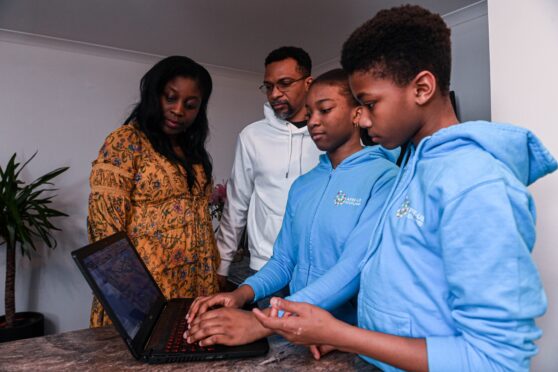
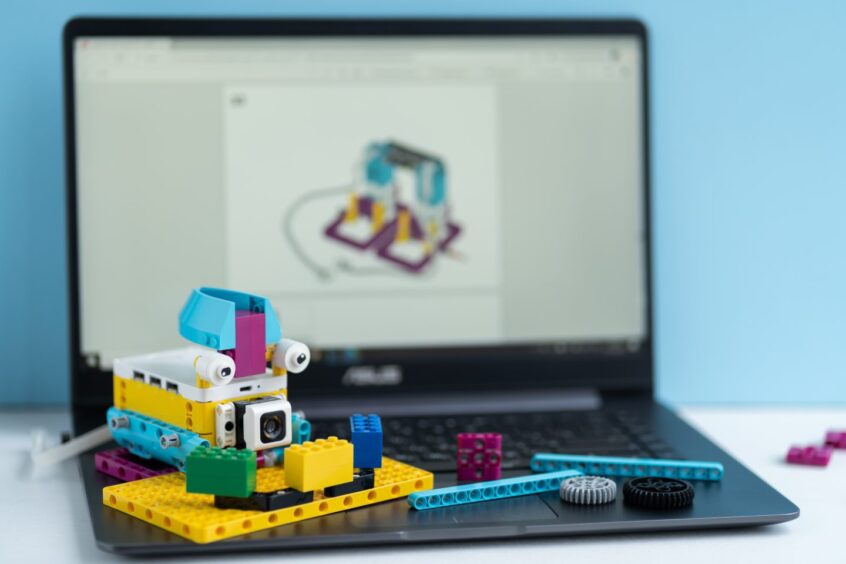
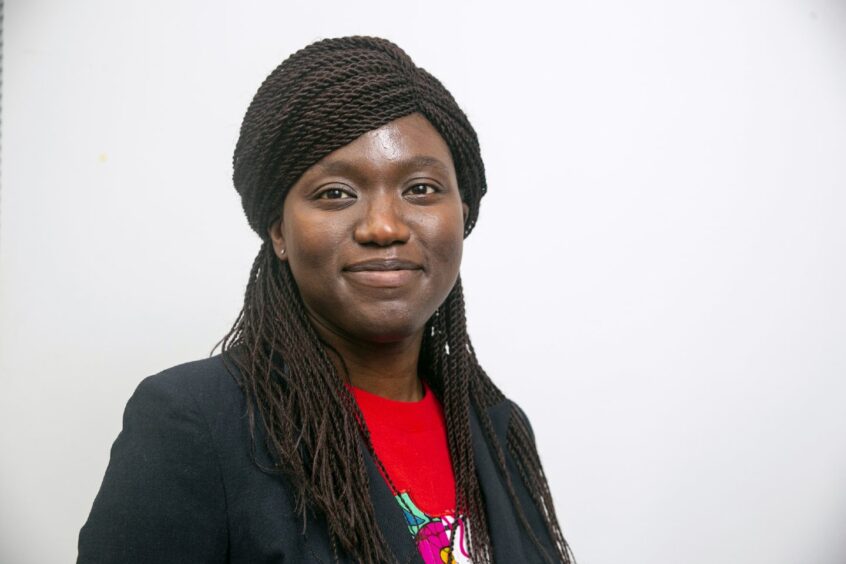

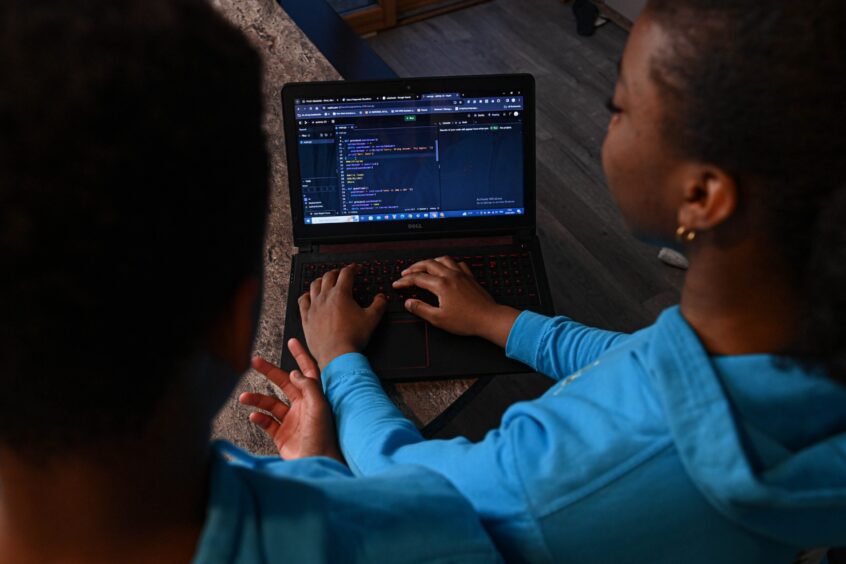
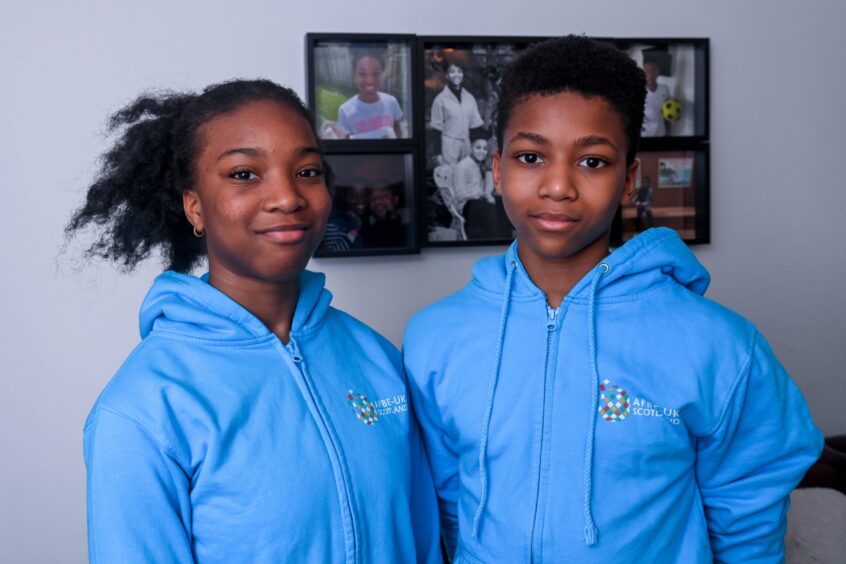
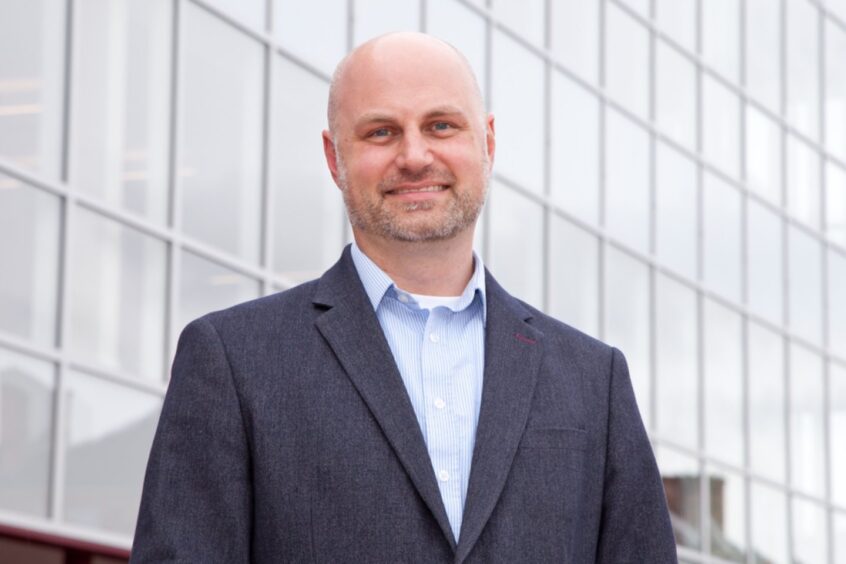


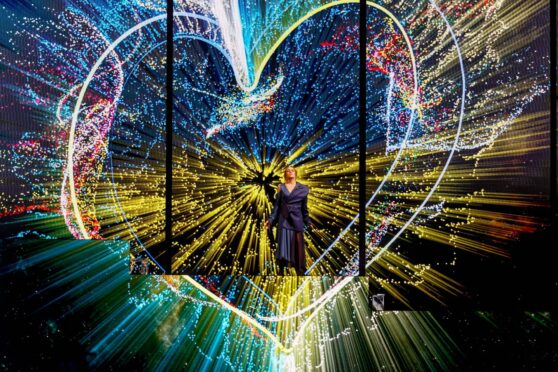
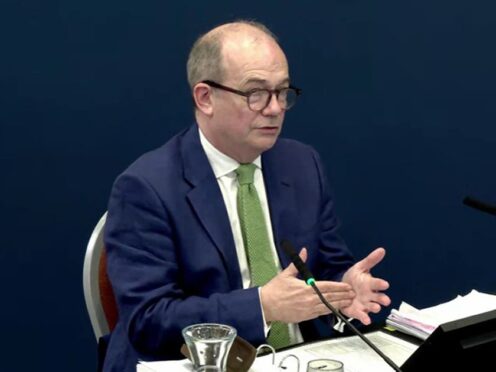
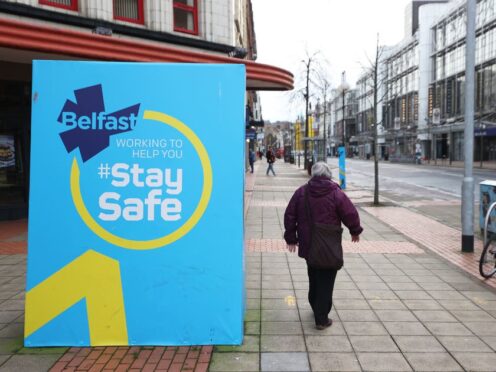


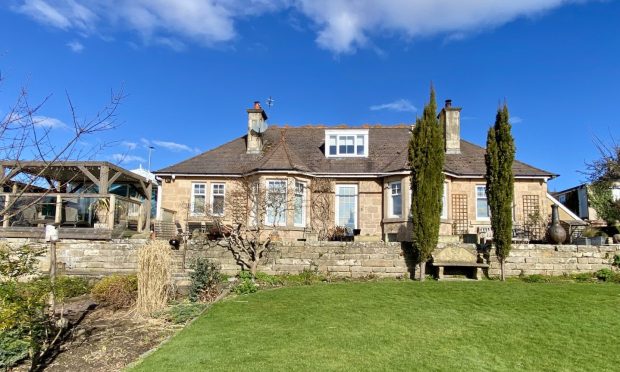


Conversation